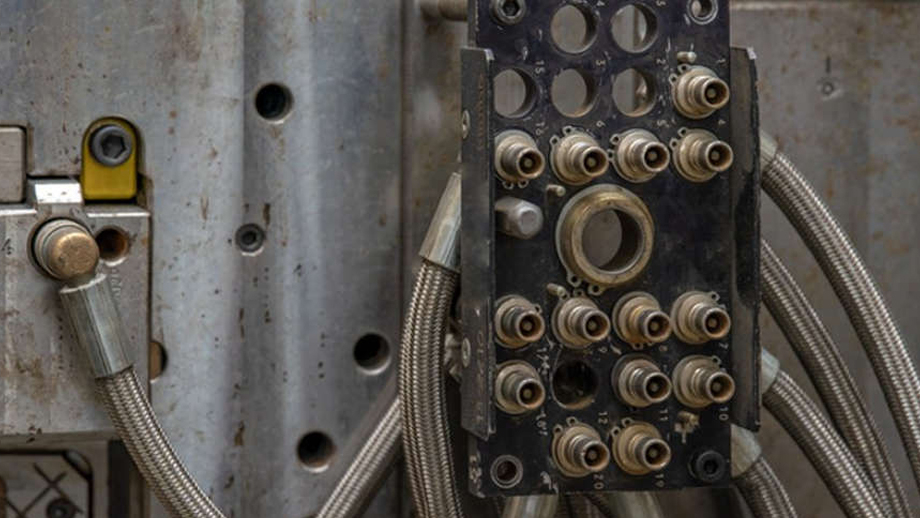Injection molding is a widely used manufacturing process in various industries, including automotive, aerospace, medical, and consumer goods. It involves injecting molten plastic into a mold cavity to produce a part or product. However, to achieve high-quality and precise parts, manufacturers need to consider various factors, including material selection, mold design, and processing parameters. Among these factors, temperature and speed are critical variables that can significantly affect the product’s shrinkage. In this article, we will explore the effect of injection molding temperature and speed on product shrinkage and provide some tips to minimize it.

What is Product Shrinkage in Injection Molding?
Product shrinkage refers to the reduction in size or dimensions of a plastic part after it is ejected from the mold. It is a natural phenomenon that occurs due to the cooling and solidification of the molten plastic. As the plastic cools, it contracts, causing the part to shrink. The degree of shrinkage depends on various factors, including the material type, geometry, wall thickness, and processing conditions, such as temperature and speed.
How Temperature Affects Product Shrinkage
Temperature is a critical factor that affects the product’s shrinkage in injection molding. The temperature of the molten plastic and the mold cavity can significantly influence the cooling and solidification rate of the plastic. Generally, higher temperatures result in slower cooling rates and, therefore, less shrinkage. However, excessively high temperatures can also cause other issues, such as warpage, burn marks, and degradation of plastic. On the other hand, lower temperatures can result in faster cooling rates, leading to higher shrinkage, sink marks, and internal stresses.
To minimize product shrinkage, manufacturers need to find the optimal temperature range for their specific material and part design. This can be achieved through trial and error or by using computer simulations and modeling software. Additionally, the mold temperature can also affect the product’s shrinkage. A higher mold temperature can help compensate for the plastic’s shrinkage and reduce the residual stresses in the part.
How Speed Affects Product Shrinkage
In addition to temperature, the injection speed can also affect the product’s shrinkage. The injection speed refers to the rate at which the molten plastic is injected into the mold cavity. Generally, higher injection speeds result in more significant shrinkage due to the higher shear stresses and cooling rates. On the other hand, lower injection speeds can result in lower shrinkage but may increase the cycle time and affect the part’s surface finish.
Therefore, manufacturers need to find the optimal injection speed for their specific material and part design. This can be achieved by adjusting the injection speed and monitoring the part’s dimensions and quality. Additionally, the packing pressure and time can also affect the product’s shrinkage and should be optimized accordingly.

Tips to Minimize Product Shrinkage
To minimize product shrinkage in injection molding, manufacturers can follow these tips:
- Select the appropriate material with a low shrinkage rate and good dimensional stability.
- Optimize the part design, including the wall thickness, rib design, and gate location, to minimize the differential cooling and warpage.
- Find the optimal processing parameters, including the temperature, speed, pressure, and time, through trial and error or simulation software.
- Use a mold temperature controller to maintain a consistent and optimal mold temperature.
- Use a packing pressure and time that ensures complete filling and packing of the mold cavity.
- Allow the part to cool and solidify in the mold for a sufficient time before ejection.
Conclusion
Injection molding temperature and speed are critical factors that affect the product’s shrinkage in injection molding. By optimizing these parameters and following the tips mentioned above, manufacturers can minimize the shrinkage and produce high-quality and precise parts. As an experienced injection molding manufacturer, JS Precision understands the importance of these factors and can provide customized solutions to meet your specific needs. Contact us today to learn more about our injection molding services.
